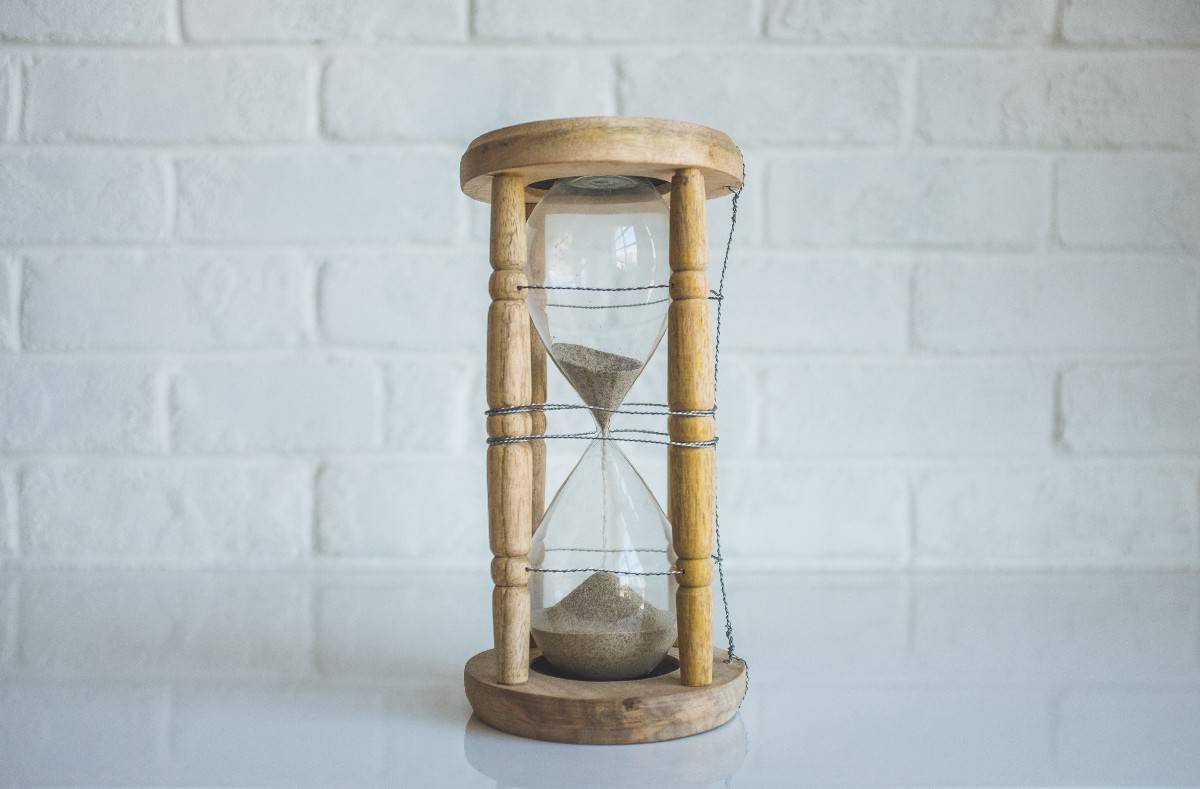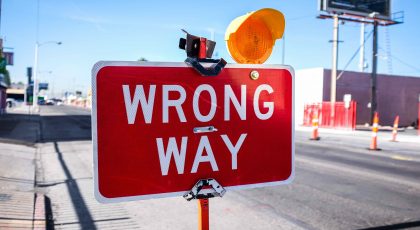This is a follow up to the procrastination article I wrote a few weeks ago.
“You may delay, but time will not, and lost time is never found again.” by Benjamin Franklin
Have you ever had so many things to do that you felt scared and ended up not doing anything? Or maybe you didn’t know where to start. Or maybe you simply didn’t feel motivated enough to start.
Whatever your reason for procrastinating, the fact is that postponing in the entrepreneurial world is damaging to you and to your business. The worst consequence of procrastination is that it costs your most precious resource: time.
But don’t worry because you can overcome it. Benjamin Franklin, one of the most active people of all time, was such a big advocate of productivity that he made it part of his mission to combat procrastination and get as much done as he possibly could. And we know through history it worked for him.
He had his days scheduled, for instance. If he struggled and overcame, you can do it as well. With that in mind, here are some reasons why we procrastinate and how we can deal with them. Put some of them in practice and achieve Franklin’s productivity level.
Lack of clarity
First things first: do you know what exactly you are trying to accomplish? When I don’t know what I have to do next, the top things lose their priority. Crucial tasks become just another item somewhere in a list.
I know I have to finish them, but since I don’t understand when and why, I end up doing something else. Actually, it’s much harder to complete difficult jobs if we don’t know what the next step is. Franklin’s daily schedule (which wasn’t even very precise) prevented him from getting lost in his many activities, so if you polish yours enough, you will not feel lost either.
To make every move extra clear and easy to follow, break down the harder tasks into smaller ones that you can complete, brag about, and move forward. “Read my accounts,” as Franklin put it, was something he could do in an hour, see finished and move on. On the other hand, if you write something huge like “change my marketing strategy” you might feel intimidated. And you may want to leave it for later.
Unimportant items in my to-do list
This is a consequence of the previous topic. If you lack clear steps and goals, you end up listing many unnecessary tasks because you have no idea where you’re going. And not having clarity of action leads to delaying everything or doing nothing.
When I have too many items in my to-do list, I feel a bit lost. Who doesn’t? The key is understanding that not everything in your list is equally relevant, and some of those topics actually have to go so you can focus on what really matters.
Look at one of your “to-dos.” Is it a significant step for business growth? You need it soon or maybe now. Is it neither urgent nor helpful? Leave that for later. In the end, you’ll be able to do the necessary parts of the job immediately and postpone the less relevant ones instead.
Hold yourself accountable (to other people)
The problem is simple: one of the reasons we procrastinate is because we don’t have anybody to answer to. When we work without any supervision, working hard, facing difficult situations, and delivering great results in short periods of time don’t look urgent. After all, nothing happens if you leave it all for tomorrow.
The solution is simple tool: find someone to put pressure on you; and they don’t even have to know they will be doing that. Simply choose a few people you trust and tell them about your goals. Something like, “I’m starting a business” or “I am going to do X with my startup soon.”
After you’ve told them that, you’ll have no choice but start doing exactly as you said, because they will be asking you from time to time about it. They’ll be curious, so questions like, “How are your plans going?” will keep coming. And you don’t want to tell them you haven’t even started because that will be embarrassing, and you’ll look lazy.
Just a tip: the person you choose to help you be accountable can’t be too close, or they won’t really put pressure on you. Your partner/spouse doesn’t want to make you feel terrible about yourself, so they might give you a free pass if you keep procrastinating. Find a friend or a relative who is close, but not too much.
Put a date on it
Having no deadlines means not doing things fast enough—or fast at all. Parkinson’s Law reminds us of that:
“Work expands so as to fill the time available for its completion.”
If the time available is forever, then work will take forever. Other unessential tasks will enter your to-do and list push “that really important thing” to the bottom, and you will tell yourself, “I’ll do that later.”
But when you have a fixed deadline, excuses like “I’ll do that later” just don’t work because there is no later. Naturally, setting short deadlines to put pressure on yourself will force you to work even better to reach your goals.
You can take this strategy to the next level by mixing it with the previous one: tell other people of your deadlines. Elon Musk has been doing it for years now; Tesla sets a short deadline for an innovative product and makes it public. By doing so, he gives himself two options: get all the work done or disappoint customers and investors.
If you know yourself and have realized that procrastination is a serious issue for you, you may want to call a friend you trust and say, “Hey, I am doing X, and I’m going to do it by December.” Now you’re in trouble, but a good trouble. Your only option will be to take a deep breath and go into hustle mode.
Check your surroundings
Another reason why we want to postpone work and lose productivity is the environment where we work. I know this because when I tried working in a boring office all by myself I realized I couldn’t get much work done precisely because of that place.
Instead, it works better for me to work in places where there are other people and some sounds. Maybe it’s because solitude helps people relax so much they become unproductive.
Or maybe it’s simply because it doesn’t feel urgent, even though it still is. It might be true for you the way it is for me: I can concentrate better and feel the need to get work done right away with (some) voices and noises near me.
The important thing is: the place where you work affects your work, so try different environments and see how you feel in each one of them.
Trying some of those strategies will surely help you overcome the problem and get more done. But if you really love procrastinating, then practice postponing the habit of procrastinating things. Say to yourself, “I’ll procrastinate tomorrow” and get work done today.




